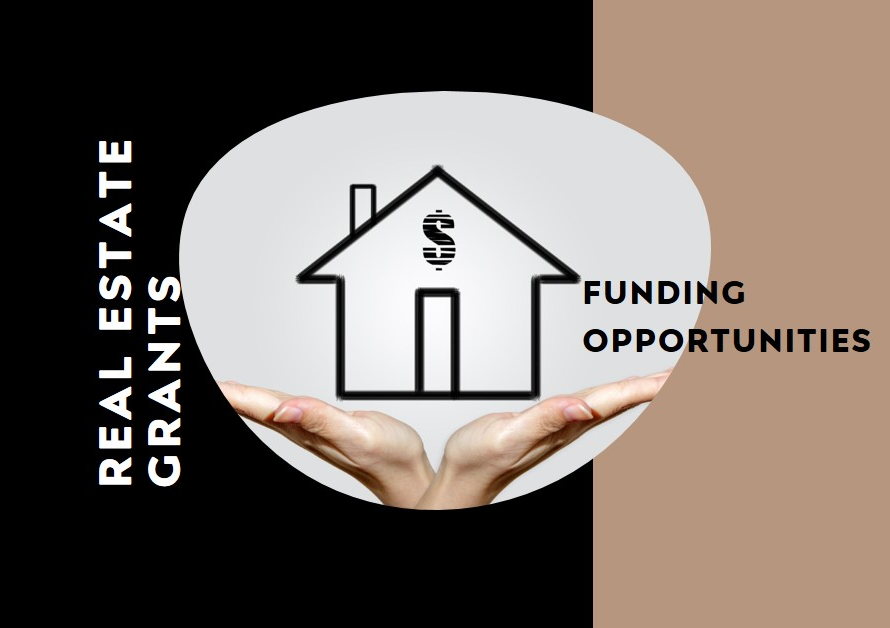
Table of Contents
Introduction to Real Estate Marketing:
In the dynamic world of real estate, effective marketing strategies can make all the difference between a property sitting on the market for months and a swift, profitable sale. Whether you’re a seasoned realtor or a homeowner looking to sell, understanding and implementing strategic marketing techniques is paramount. In this comprehensive guide, we delve into two powerful marketing strategies that can elevate your real estate game to new heights.
Understanding Your Target Audience:
The foundation of any successful marketing campaign lies in a deep understanding of your target audience. Before diving into marketing tactics, take the time to research and identify your ideal buyer or renter demographics. Consider factors such as age, income level, lifestyle preferences, and location. By gaining insights into your audience’s needs and preferences, you can tailor your marketing efforts to resonate with them effectively. Conduct surveys, analyze market trends, and leverage data analytics tools to refine your target audience profiles.
Crafting Compelling Visual Content:
In the digital age, visual content reigns supreme, especially in the real estate industry. High-quality photographs, videos, and virtual tours can significantly impact a potential buyer or renter’s perception of a property. Invest in professional photography and videography services to showcase your listings in the best possible light. Highlight key features and unique selling points to capture viewers’ attention and generate interest. Utilize drone photography for stunning aerial shots and 3D virtual tours for immersive experiences. Remember, compelling visual content not only attracts potential buyers but also helps build trust and credibility.
Harnessing the Power of Social Media:
Social media has revolutionized the way we connect and communicate, and it has also become a powerful tool for real estate marketing. Platforms like Facebook, Instagram, and LinkedIn offer unparalleled reach and targeting capabilities, making them indispensable for realtors and homeowners alike. Create engaging social media profiles for your real estate business or property listings, and regularly share visually appealing content to captivate your audience. Leverage features such as Facebook Ads and Instagram Stories to expand your reach and drive traffic to your listings. Engage with your followers by responding to comments, answering inquiries promptly, and providing valuable insights about the local real estate market.


Building a Strong Online Presence:
In today’s digital era, having a strong online presence is non-negotiable for real estate professionals. Beyond social media, establish a professional website to showcase your listings and expertise. Optimize your website for search engines by incorporating relevant keywords, creating informative blog posts, and optimizing page speed and mobile responsiveness. Consider investing in search engine optimization (SEO) techniques to improve your website’s visibility and drive organic traffic. Additionally, claim and optimize your profiles on popular real estate platforms such as Zillow, Realtor.com, and Trulia to increase exposure and credibility.
Networking and Relationship Building:
In the competitive world of real estate, networking and relationship building can open doors to new opportunities and referrals. Cultivate relationships with fellow real estate professionals, mortgage brokers, home stagers, and other industry stakeholders. Attend networking events, join professional associations, and participate in online forums to expand your network and stay updated on industry trends. Establish yourself as a trusted authority by offering valuable insights and assistance to clients and colleagues alike. Remember, building meaningful connections takes time and effort, but the long-term benefits are invaluable.
Utilizing Email Marketing Campaigns:
Email marketing remains one of the most effective ways to nurture leads and stay top-of-mind with potential buyers and renters. Build an email list of clients, prospects, and industry contacts, and segment your audience based on their preferences and behavior. Create personalized and engaging email campaigns that provide valuable content, such as market updates, property listings, and helpful resources. Incorporate compelling visuals and clear calls-to-action to encourage recipients to take the next step, whether it’s scheduling a viewing or contacting you for more information. Monitor the performance of your email campaigns and iterate based on feedback and analytics to optimize results.
Hosting Virtual Events and Webinars:
In the era of social distancing and remote work, virtual events and webinars have become increasingly popular avenues for real estate marketing. Host virtual open houses, property tours, and informational webinars to engage with potential buyers and renters from the comfort of their homes. Leverage platforms like Zoom, Google Meet, or Facebook Live to broadcast your events and interact with attendees in real-time. Promote your virtual events through email marketing, social media, and online advertising to maximize attendance and reach. Provide valuable insights and expert advice to establish yourself as a trusted resource in the real estate industry.
Measuring and Analyzing Results:
No marketing strategy is complete without proper measurement and analysis of results. Track key performance indicators (KPIs) such as website traffic, lead generation, conversion rates, and sales or rental inquiries to gauge the effectiveness of your marketing efforts. Use tools like Google Analytics, social media analytics dashboards, and customer relationship management (CRM) systems to gather data and insights. Analyze trends, identify areas for improvement, and adjust your marketing tactics accordingly. By continuously monitoring and optimizing your strategies, you can ensure long-term success and stay ahead of the competition.
Conclusion:
In the competitive landscape of real estate, strategic marketing is the key to success. By understanding your target audience, leveraging compelling visual content, harnessing the power of social media, and building a strong online presence, you can maximize your marketing potential and achieve your goals. Remember to prioritize relationship building, embrace innovative technologies, and continuously evaluate and refine your strategies to stay ahead of the curve. With the right approach and dedication, you can elevate your real estate marketing efforts to new heights and achieve exceptional results.


